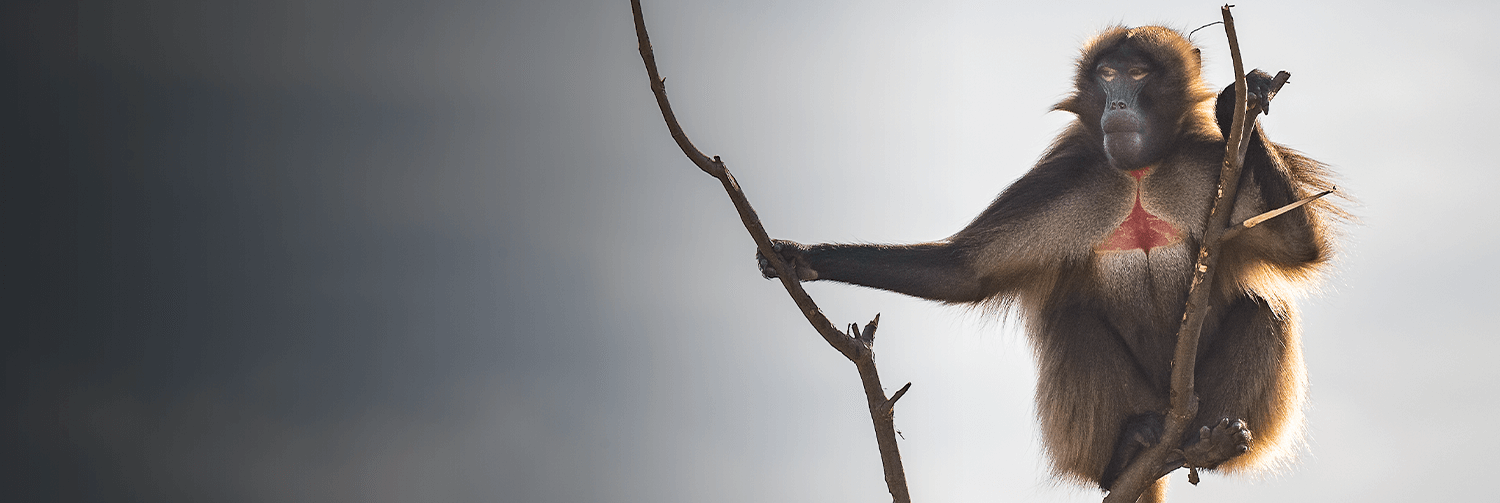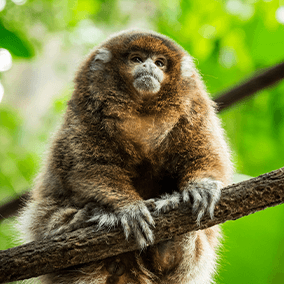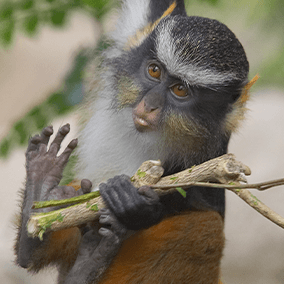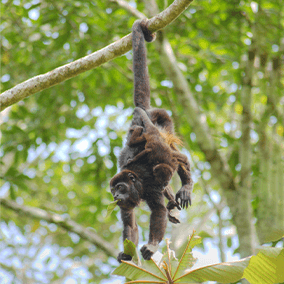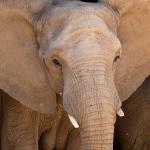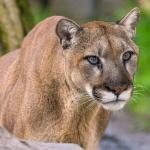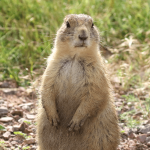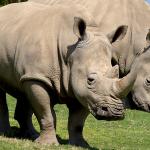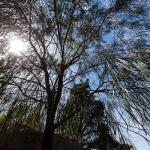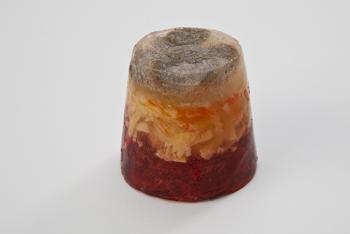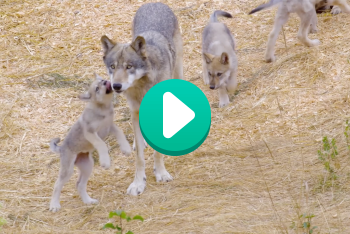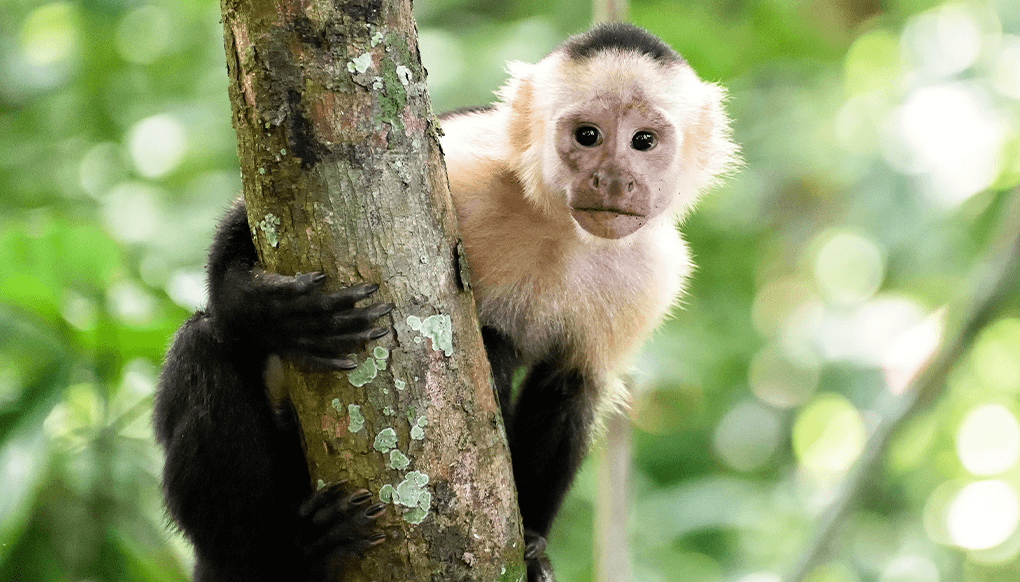
Monkeys

Mammals


Some Endangered
facts


Monkeys eat all kinds of things: flowers, fruits, nuts, leaves, seeds, insects, birds’ eggs, spiders, and small mammals. Baboons will also eat meat when they can catch it, including young antelope, rabbits, and birds like guinea fowl. Colobus monkeys and langurs like leaves, and geladas graze on grass!

Most monkeys live in trees, in rainforests and other places. Baboons live in savannas, open wooded areas, and rocky hillsides. Although they are able to climb trees, they spend most of their time on the ground.
description
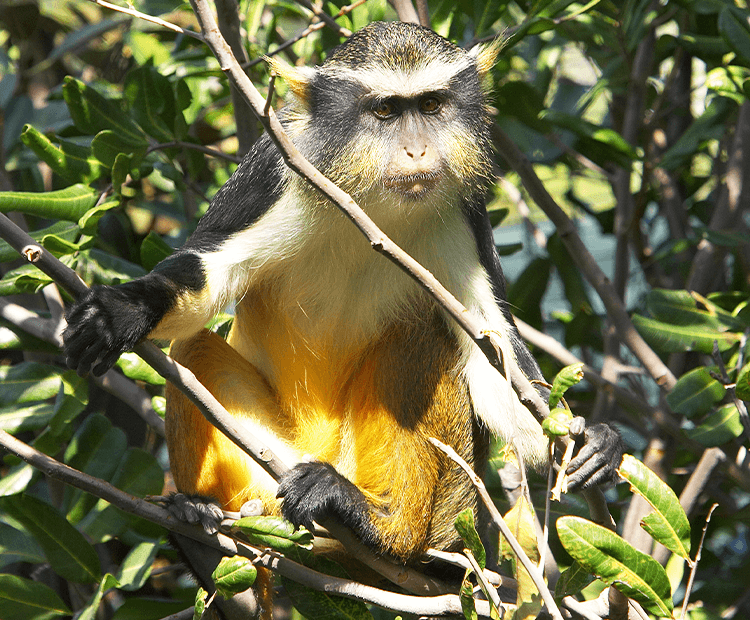
Look up!
Most of these magnificent, mischievous, and sometimes mysterious monkeys are arboreal, meaning they spend much of their lives in trees. They have many different adaptations, depending on their habitat. Macaques, baboons, and some mangabeys spend most of their time on the ground.
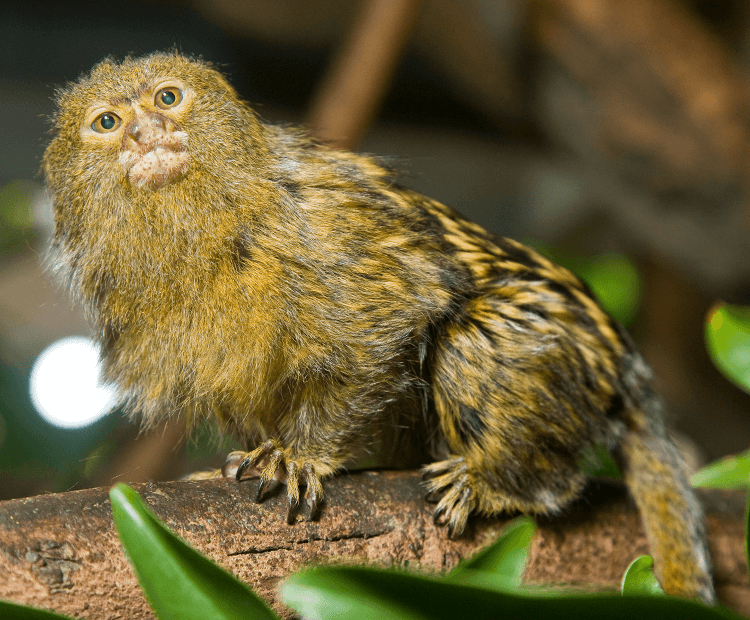
Tail of two worlds
Monkeys are found in two main regions of the world, so scientists have grouped them as either Old World monkeys or New World monkeys. Old World monkeys are found in Africa and Asia. Some examples are guenons, mangabeys, macaques, baboons, and colobus monkeys. New World monkeys are found in Mexico, Central America, and South America. Some examples are woolly monkeys, spider monkeys, howler monkeys, capuchin monkeys, and squirrel monkeys. Marmosets and tamarins also live where New World monkeys are found, but are different enough to be in their own scientific grouping.
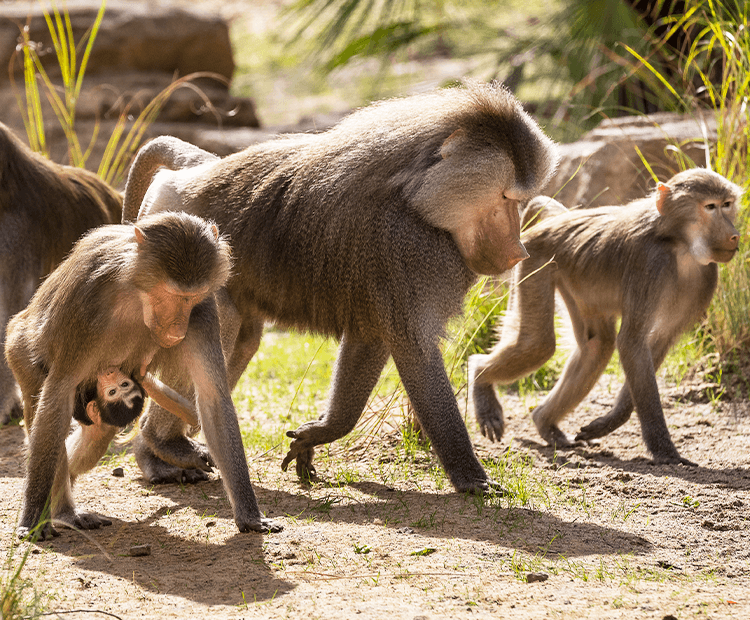
Groups of troops
Groups of monkeys, called troops, travel together by day to find food. A troop can number from a few individuals to a thousand or more. Within huge troops, monkeys form smaller groups, called harems, which include an adult male, several adult females, and their offspring. Unattached adult males, called bachelors, may form their own group. To build family bonds, monkeys engage in daily mutual grooming.

